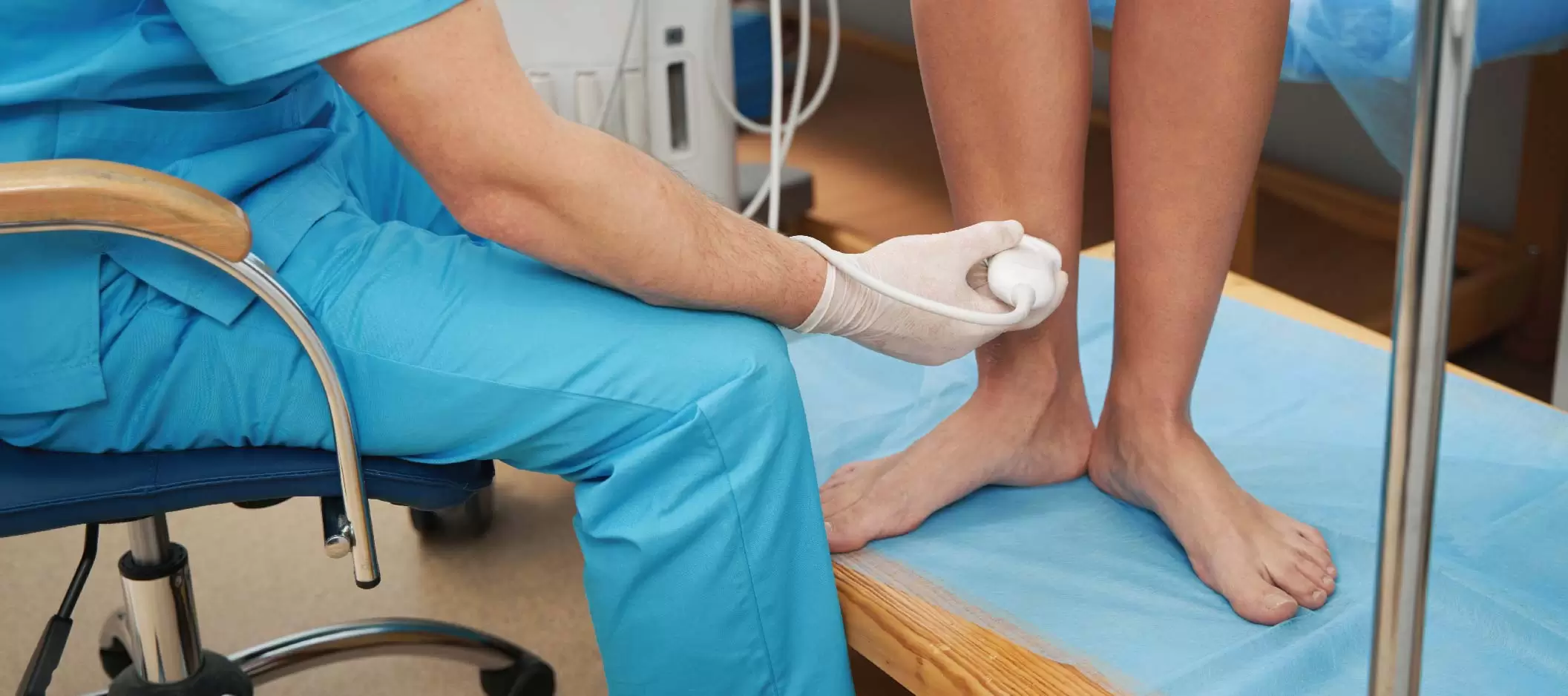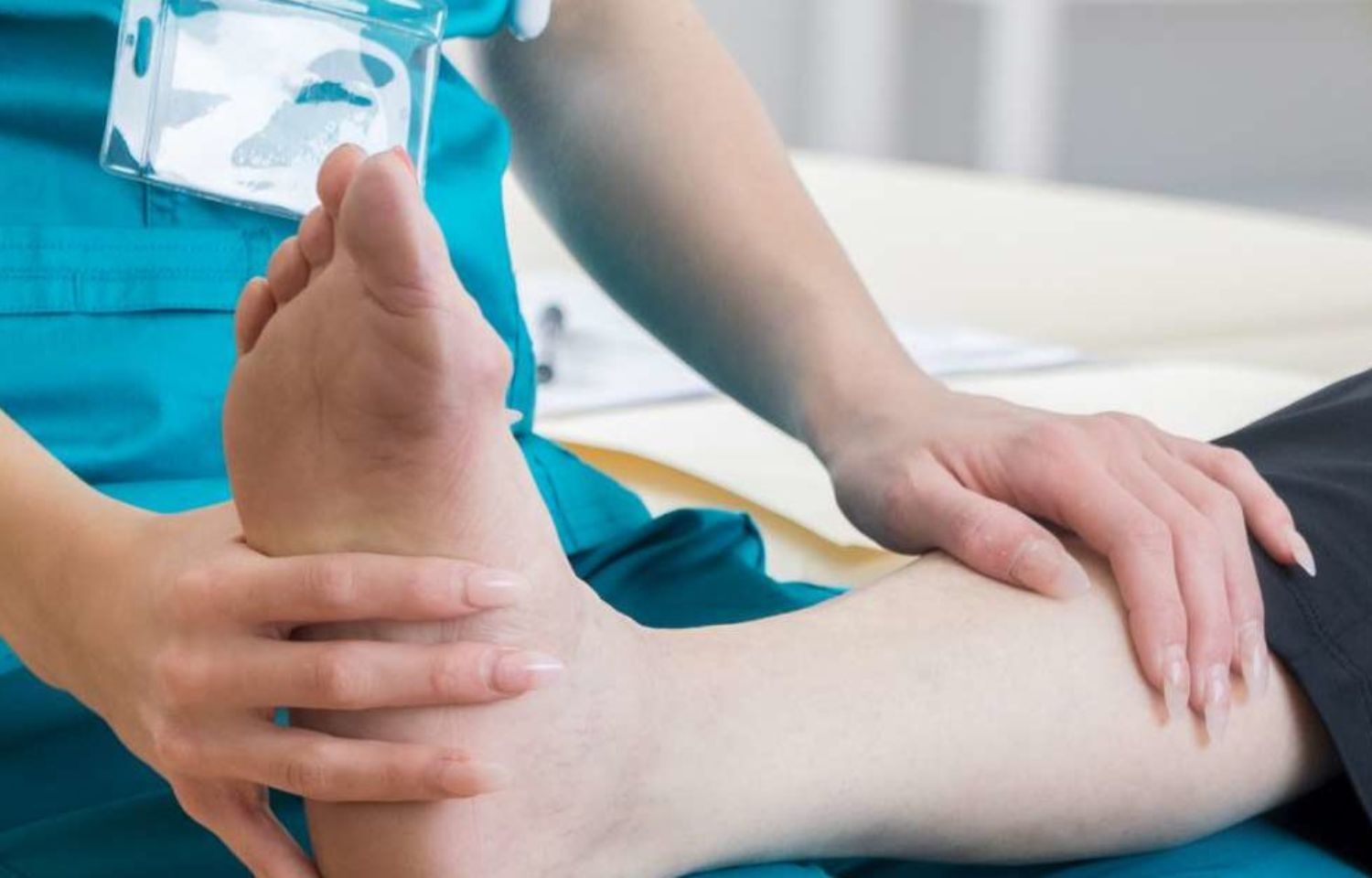- Home
- Our Providers
- Our Services
- Abdominal Aortic Aneurysm Screening
- Alzheimer’s Disease
- Antibiotics Treatment
- Arthritis
- Asthma and Allergies
- Blood Work
- Breast Cancer Screening
- Cancer Screenings
- Cervical Cancer Screening
- CHF
- Chronic Diseases Management
- Colon Cancer Screening
- Physical Exam and Preventative Care
- COPD
- Covid Testing
- Dementia
- Depression and Anxiety
- Diabetes Mellitus Type 1 & 2
- Ear Cleaning
- ECG
- Fibromyalgia
- Flu Tests
- GERD
- Heart Disease
- Hepatitis Screening
- High Blood Pressure
- High Cholesterol
- HIV Screen Tests
- Hormone Therapy
- Iron Injection
- Joint Injection
- Kidney Disease
- Lung Cancer Screening
- Medical Wellness Visits
- Men’s Health
- Nutrition Consultation
- Obesity
- Osteoporosis
- Peripheral Neuropathy
- Peripheral Vascular Disease
- Pre and Post Surgical Evaluations
- Prostate Cancer Screening
- Pulmonary Disease
- Pulmonary Function Test
- Seizure
- Sexual Transmitted Diseases
- Sick Visits
- Skin Biopsy
- Sleep Apnea
- Smoking Cessation and Reduction
- Stroke
- Testosterone Injection
- Thyroid Dysfunction
- Ultrasound
- Urine Analysis
- Vaccinations
- Vascular Studies
- Vitamin B12 Replacement
- Weight Loss
- Wound Care and Suture Removal
- Telemedicine
- Join Our Team
- Patients
Peripheral Vascular Disease
Welcome to CoreMed Plus, where we provide comprehensive care for individuals dealing with Peripheral Vascular Disease (PVD). PVD, also known as Peripheral Artery Disease (PAD), is a common circulatory condition that affects the blood vessels outside of the heart and brain. It occurs when the arteries that supply blood to the limbs, most commonly the legs, become narrowed or blocked due to the buildup of fatty deposits (plaques).
PVD can lead to various symptoms and complications, including leg pain, non-healing wounds, and reduced limb blood flow. It is primarily caused by atherosclerosis, a condition characterized by the accumulation of cholesterol and other substances in the arterial walls, leading to the formation of plaques. Common risk factors for developing PVD include advanced age, smoking, diabetes, high blood pressure, high cholesterol levels, obesity, and a sedentary lifestyle.
At CoreMed Plus, we understand PVD’s impact on your daily life and overall well-being. Our team of healthcare professionals is dedicated to providing comprehensive care and support to help manage PVD effectively. We strive to improve your quality of life and reduce the risk of complications through accurate diagnosis, personalized treatment plans, and ongoing monitoring.
Our approach to PVD management focuses on a combination of lifestyle modifications, medication management, interventional procedures, and ongoing support. We believe in empowering individuals to take an active role in their health, and we work closely with you to develop a customized treatment plan that suits your specific needs.
Lifestyle modifications play a crucial role in managing PVD. Our healthcare professionals guide adopting a heart-healthy diet, regular exercise, smoking cessation, weight management, and controlling underlying risk factors. These lifestyle changes can help improve blood flow, reduce plaque buildup, and enhance cardiovascular health.
Medication management is an essential aspect of PVD treatment. Our team will assess your condition and prescribe medications to manage symptoms, control risk factors, and improve blood flow. We closely monitor your response to medication and make any necessary adjustments to optimize treatment effectiveness.
Interventional procedures may be recommended for individuals with advanced PVD. These procedures aim to restore blood flow by opening or bypassing the blocked or narrowed arteries. Our experienced healthcare professionals perform various interventional procedures, such as angioplasty and stenting, to improve blood circulation and alleviate symptoms.
At CoreMed Plus, we prioritize ongoing monitoring and support. Regular check-ups and follow-up appointments allow us to assess your progress, monitor the condition of your arteries, and make any necessary adjustments to your treatment plan. Our healthcare professionals provide education, guidance, and support throughout your journey of managing PVD.
Living with PVD can be challenging, but it is possible to lead a fulfilling life with the right care and support. CoreMed Plus provides the comprehensive care and expertise needed to manage PVD effectively, reduce symptoms, and improve overall well-being. Contact us today to schedule a consultation and take the first step towards better vascular health.

What is Peripheral Vascular Disease
Peripheral Vascular Disease (PVD), also known as Peripheral Artery Disease (PAD), is a common circulatory condition that affects the blood vessels outside of the heart and brain. It occurs when there is a narrowing or blockage of the arteries that supply blood to the limbs, most commonly the legs. PVD is primarily caused by atherosclerosis, the buildup of fatty deposits (plaques) within the arterial walls.
The narrowing or blockage of the arteries in PVD restricts the flow of oxygenated blood to the affected areas. This reduced blood supply can lead to various symptoms and complications. Common risk factors for developing PVD include advanced age, smoking, diabetes, high blood pressure, high cholesterol levels, obesity, and a sedentary lifestyle.
Symptoms of PVD can vary depending on the severity of the condition. Some individuals may experience mild or no symptoms, while others may have significant limitations and discomfort. Common symptoms include:
- Intermittent Claudication: This refers to muscle pain or cramping during physical activity and is relieved with rest. It commonly affects the calves and thighs, buttocks, or feet.
- Rest Pain: Individuals with advanced PVD may experience persistent pain in the affected limbs, even at rest. Rest pain is often severe and can disrupt sleep and daily activities.
- Non-Healing Wounds: Reduced blood flow can impair the healing process, making it difficult for wounds, ulcers, or sores on the legs or feet to heal. In severe cases, this can damage tissue and develop non-healing wounds or gangrene.
- Coldness or Numbness: Decreased blood flow can cause the affected limbs to feel cold to the touch or numb.
- Weak or Absent Pulses: Healthcare professionals may detect weak or absent pulses in the affected limbs during a physical examination.
Early detection and treatment of PVD are crucial to prevent complications and improve quality of life. Healthcare professionals at CoreMed Plus offer comprehensive evaluations to diagnose PVD. Diagnostic tests may include ankle-brachial index (ABI) measurement, which compares blood pressure in the arms and ankles, and imaging tests such as Doppler ultrasound, angiography, or magnetic resonance angiography (MRA).
Treatment of PVD aims to manage symptoms, improve blood flow, and reduce the risk of complications. Treatment options include:
- Lifestyle Modifications: Lifestyle changes are a fundamental aspect of PVD management. This includes smoking cessation, adopting a heart-healthy diet low in saturated fats and cholesterol, regular exercise, weight management, and controlling underlying conditions such as diabetes and hypertension.
- Medications: Medications may be prescribed to control symptoms, lower cholesterol levels, reduce blood pressure, prevent blood clot formation, and improve circulation. Common medications include antiplatelet drugs, statins, blood pressure-lowering medications, and medications to improve blood flow.
- Interventional Procedures: In cases where lifestyle modifications and medications are insufficient, interventional procedures may be recommended. These procedures restore blood flow by opening or bypassing the blocked or narrowed arteries. Examples include angioplasty with or without stenting, atherectomy, and bypass surgery.
- Ongoing Monitoring and Follow-up: Regular check-ups and monitoring are essential to track the progression of PVD, assess treatment effectiveness, and make any necessary adjustments. Healthcare professionals at CoreMed Plus provide ongoing support, education, and guidance throughout the management of PVD.

Prevention plays a critical role in managing PVD. Adopting a healthy lifestyle, managing risk factors, and seeking early medical intervention are key components of prevention. Regular screenings, particularly for individuals at higher risk, can help identify PVD in its early stages when interventions are most effective.
Peripheral Vascular Disease (PVD) is a common condition characterized by narrowing or blockage of the arteries that supply blood to the limbs, most commonly the legs. It can result in symptoms such as intermittent claudication, rest pain, non-healing wounds, and coldness or numbness in the affected limbs.
At CoreMed Plus, we are committed to providing comprehensive care for individuals with PVD. Our healthcare professionals offer various services to diagnose, treat, and manage the condition effectively. Here’s how CoreMed Plus can help you with PVD:
- Accurate Diagnosis: Our experienced healthcare professionals utilize advanced diagnostic tools and techniques to diagnose PVD accurately. We can assess the severity and extent of the arterial blockages through physical examinations, ankle-brachial index measurements, and imaging tests, such as Doppler ultrasound or angiography.
- Individualized Treatment Plans: CoreMed Plus takes a personalized approach to PVD treatment. Our healthcare professionals develop individualized treatment plans based on your specific condition, symptoms, and overall health. These plans incorporate a combination of lifestyle modifications, medications, and interventional procedures to improve blood flow, manage symptoms, and reduce the risk of complications.
- Lifestyle Modifications: Lifestyle modifications are a key component of managing PVD. Our healthcare professionals provide guidance on adopting a heart-healthy diet, regular exercise, smoking cessation, weight management, and controlling underlying risk factors such as diabetes and hypertension. These modifications can help improve blood flow, reduce plaque buildup, and enhance cardiovascular health.
- Medication Management: Medications may be prescribed to manage symptoms, control risk factors, and improve blood flow. Our healthcare professionals will assess your needs and prescribe medications such as antiplatelet drugs, statins, blood pressure-lowering medications, and medications to improve circulation. They will closely monitor your response to medication and make any necessary adjustments to optimize treatment effectiveness.
- Interventional Procedures: In cases where lifestyle modifications and medications are insufficient, interventional procedures may be recommended. CoreMed Plus offers a range of interventional procedures to restore blood flow in the affected arteries. These procedures include angioplasty, where a balloon is used to widen the narrowed artery, and stenting, where a small mesh tube is inserted to keep the artery open. Our healthcare professionals will determine the most appropriate procedure based on your condition.
- Ongoing Monitoring and Support: CoreMed Plus provides ongoing monitoring and support to ensure your PVD management remains effective. Regular follow-up appointments and check-ups allow us to assess your progress, monitor the condition of your arteries, and make any necessary adjustments to your treatment plan. Our healthcare professionals will provide guidance, education, and support throughout your PVD management journey.
At CoreMed Plus, we are dedicated to helping individuals with PVD lead healthier lives by providing comprehensive care, personalized treatment plans, lifestyle modifications, medication management, interventional procedures, and ongoing support. Contact us today to schedule a consultation and take the first step toward effectively managing your PVD.

Meet Dr. Mark Richter
I grew up in Florida as the oldest of five sons. After earning my degree from the University of Florida, I pursued my medical education in the Dominican Republic. In 1988, I began my Family Practice Residency at the “old” Pontiac General Hospital. I have been providing medical care to the same community since 1991, first in Waterford and later at our current location in White Lake, where I continue to practice today. I take pride in being board certified by the American Academy of Family Physicians and remain committed to Primary Care.
I am passionate about promoting a healthy lifestyle, including a proper “balanced” diet, exercise, exposure to healthy outdoor activities, and achieving work-life balance. I married my Medical School Sweetheart, Barbara, and we are fortunate to have two adult children and a granddaughter. We have been residents of Oakland County since 1988 and enjoy all that Michigan has to offer.
Meet Briahnnon Long NP-BC
Briahnnon Long, NP-BC, graduated from Oakland University in 2009 with a Bachelor of Science in Nursing and worked as a nurse in the Cardiac Intensive Care Unit. She then pursued her Master of Science in Nursing. She graduated from The University of Michigan Flint in 2020 and became board certified by The American Nurses Credentialing Center as a Family Nurse Practitioner.
She works in the acute care setting as a hospitalist and in the subacute care setting at a skilled nursing facility. She has special interests in health and wellness, preventative medicine, and chronic care management in the primary care setting. She loves being outdoors, cheering on her husband and two children in hockey, and camping and boating in the summer.
Contact Information
If you’re ready to take charge of your health and embark on a journey toward a healthier, happier life, we invite you to contact us today. Our compassionate and knowledgeable staff is excited to take your call and help you on your health journey. We will work closely with you to develop a customized treatment plan that is right for you and provide the support and care you need every step of the way.
Don’t let health concerns hold you back – contact CoreMed Plus today and let us help you achieve optimal health and wellness. We look forward to hearing from you and helping you achieve a healthier, happier life.
- Email: [email protected]
- Phone: +1 248-666-6005




